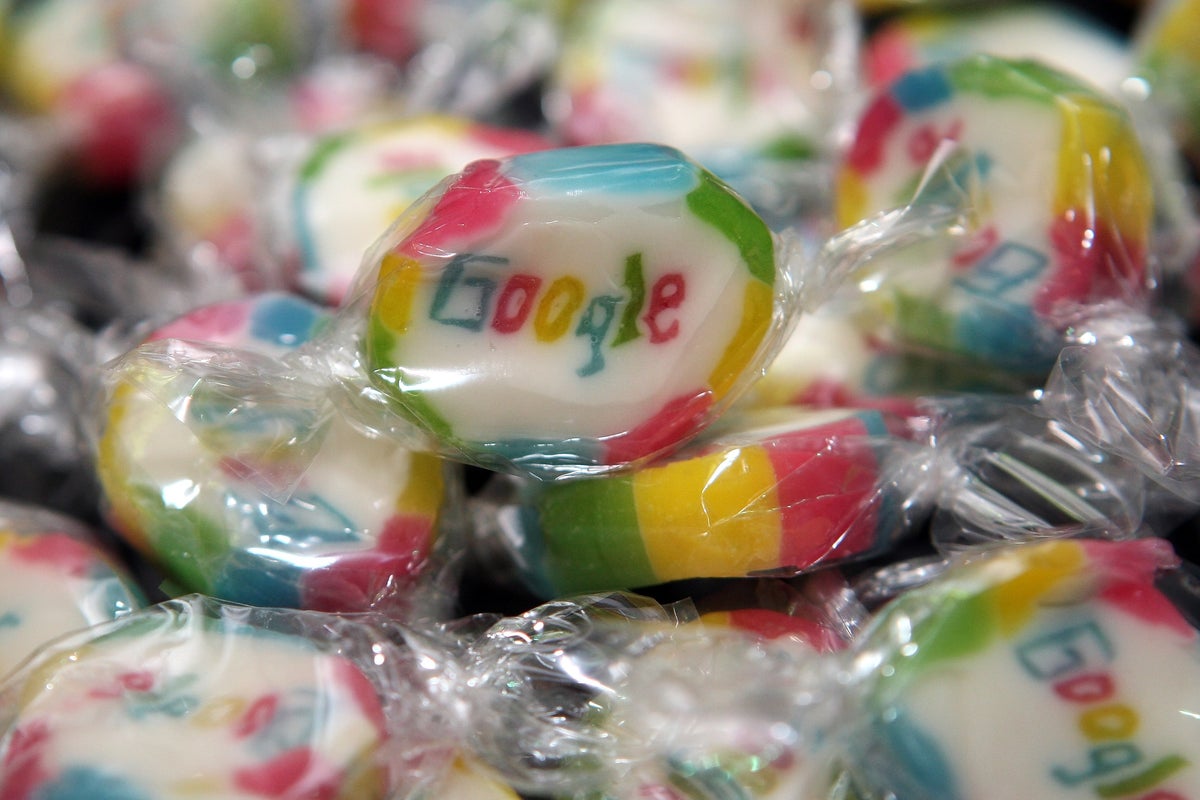I don’t remember when the miracle first made itself known. Like most revelations, it’s hard to remember what life was like before, or even that there was a before. But there must have been a moment at which I first met the thing that would change my life: a white box, surrounded by more white. The Google search page.
I was already obsessed with information. And so just as other children might get into video games, or football, or doing Minecraft dances all the time for some reason, I got into googling. It’s tempting to present this as if it was some lighting of an intellectual spark, and pretend I was an academic wunderkind. But I wasn’t: the information was surface, and led to me knowing a little about a lot of things, much of which I probably shouldn’t have known much about at all.
Over the years, this preoccupation became an occupation: journalism is really just getting a way of getting paid to find things out. And the pull of information is still so strong that I now have to ban myself from indulging in it too much, to protect myself both from falling into rabbit holes as well as feeling like a virtual curtain twitcher. But it remains a fun party trick.
I’ve fact-checked bad boyfriends and geolocated strangers’ Instagram posts; the people I’ve done free private investigations for tend to react with an exciting mix of outrage and joy. In one of our first interactions, I told someone about my hobby. When they asked me to clarify what exactly I meant by being “really good at googling”, I sent them a photo of the ornate ceiling rose in their house.
Recently, I have come to view all this as maybe being both unhealthy and unhappy, or at least less healthy and happy than I have considered it to be. (My personal speculation is that it has something to do with feeling out-of-control, and that lack of knowledge is powerlessness.)
But we can’t even see the encroachment of LLMs into information as a reprieve from this appetite for knowing. In fact, very often the most dangerous consequences of the technology are a result of the fact that it gives people the feeling of knowing things (the fun bit) without the actual fact of knowing them (the hard but helpful bit). Large language models can be manipulated into telling you anything you want, whether or not it’s true.
And now Google – my beloved Google, my reliable if irresponsible teacher – has embraced such technologies with the launch of its AI mode in the UK. Now, users will be able to ask a question and have it answered by a new, supposedly artificially intelligent system. Google says it’s a way of having complex questions answered simply. Which is to say that it’s a way of getting rid of the important work of finding things out.
This might very often be useful. Google uses the example of “Things to do in Edinburgh this weekend with friends. We’re big foodies who like music but also chill vibes and exploring off the beaten track.” And maybe that’s fine. But even that example gets rid of the rich and human business of picking through the places that would usually help answer that question: no reading blogs of food writers and music fans. Instead, the AI will do that for you.
There are plenty of good arguments against this, including the fact that it could undermine the revenue machinery of the web, by meaning that those blogs won’t get the clicks that show the ads that pay for that content to be written in the first place. But it also undermines the process that made Google good in the first place.
Search once seemed like a library that held every piece of information you might ever want to know, if you needed to look. But in recent years it has become a mean librarian, barking answers at you that are probably correct but giving you no real opportunity to check them, and hiding the books that you would have enjoyed reading to find out the answer.
In many ways, the effect is the same: you have the knowledge you wanted. But for us lovers of information – and whatever my complicated feelings about that love and how it has been realised – it’s not really about the knowledge you wanted. It’s the information you never realised you wanted at all.
